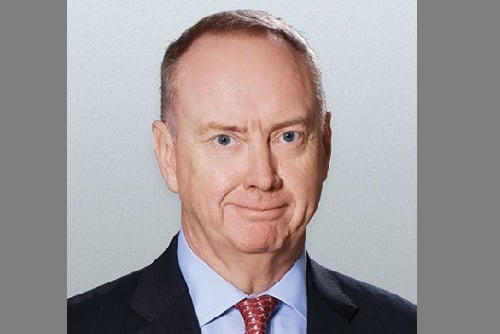

The re/insurance industry has been massively hit financially by catastrophes in recent years, with companies’ balance sheets bearing the brunt. One reinsurance leader, however, believes that these catastrophes are a positive for the industry in the long term.
“Catastrophes demonstrate the importance of insurance in building a robust framework that will allow society, communities, and people to recover from unexpected but in some ways, predictable, events,” said Chris Kershaw (pictured), managing director for global markets at Peak Reinsurance Company (Peak Re).
“Insurance is one of those great enablers that allow people to recover far faster economically than they would be able to if insurance didn’t exist,” he told Insurance Business during an interview at the East Asia Insurance Congress in Manila recently.
“It’s those local companies that people trust – they speak in a language that’s understood and there’s a relationship of trust,” he explained.
He said that Peak Re, which was established in Asia in 2010, is committed to working with insurance companies to bring more people under the umbrella of insurance.
“We can do that by providing effective reinsurance to those indigenous insurance companies,” he said.”
To achieve this, Peak Re draws on the strengths and expertise of its multinational team from 14 countries across Asia, speaking 22 languages.
“This gives us a good local insight on how to work with clients,” Kershaw said. “Some of these clients have been friends for many years.”
Kershaw said that one of the main purposes of insurance is to make economic activity safer, more predictable, and more cost-effective. He used the example of a family’s motorcycle, which could be the family’s first real asset. Through this motorcycle, the family can get to work or school, or even run a small business. Thus, it is very important that the motorcycle is insured.
“Scale that by thousands of motorcycles, hundreds of homes – you have an accumulation of risk, and that is what we help to manage,” he said.
“The fixation with price is not necessarily a healthy way to look at it,” he said. “We have to look at it as a long-term business and take a view over time. We don’t tend to worry too much about a single renewal point and its rating, or how our prices went.”
The recent April 01 renewals, Kershaw believes, went very much as expected and did not present a surprise to Peak Re.
“If you asked a hundred people that question, you would get a hundred different answers, and 70% would not be optimistic,” he said. “I’m definitely falling in the 30% and say that the outlook for reinsurance is very positive.”
He believes that the insurance industry has so much to do because many risks are not yet covered. As such, companies need to find ways to deal with those risks, such as adopting technology to make things more efficient and to make it more cost-effective to produce and distribute insurance products.
“There is so much risk that has to be addressed, that’s why I’m optimistic about the future of reinsurance and reinsurers,” he said. “It’s up to them to actually start addressing these needs in an active way.”
